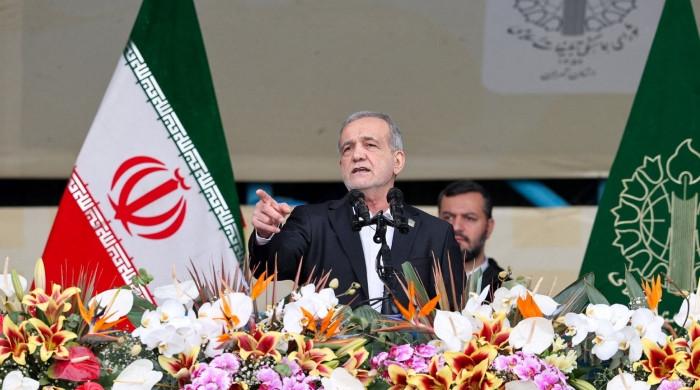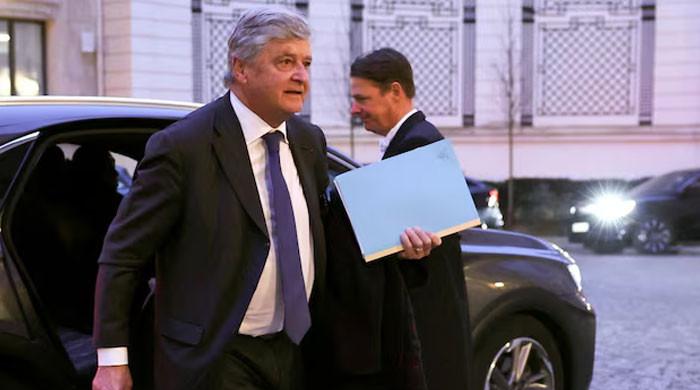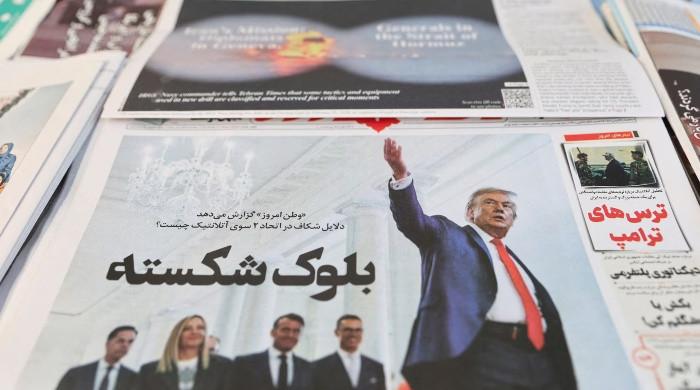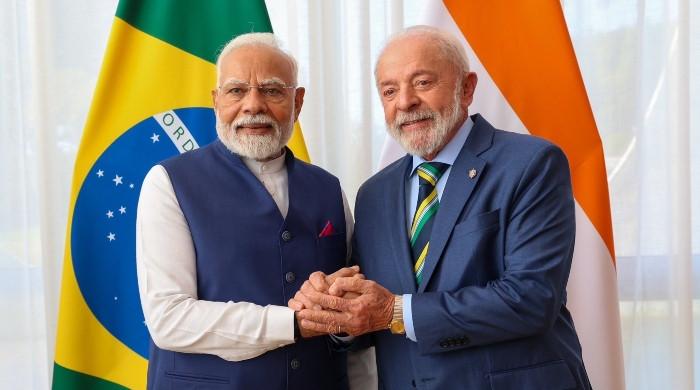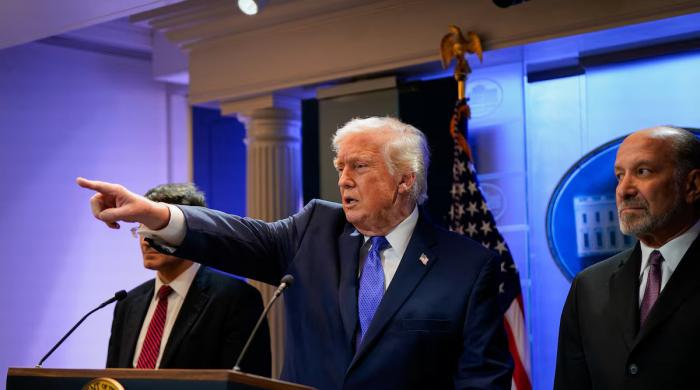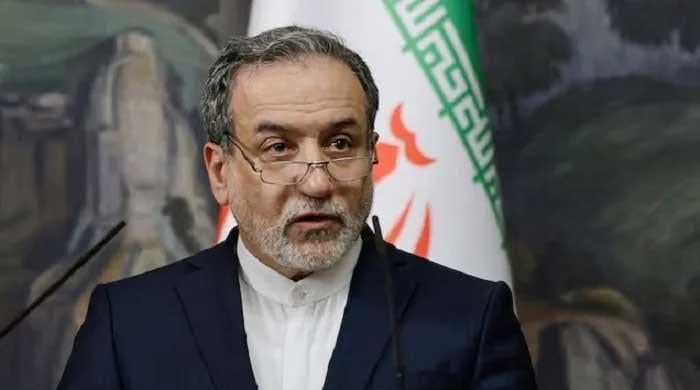World leaders react as US strikes Iranian nuclear sites
Israel hails Trump, UN urges de-escalation amid mixed reactions from Republican, Democratic congressmen
June 22, 2025
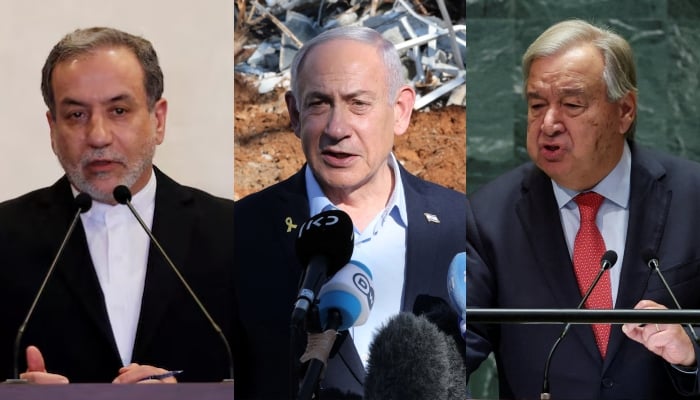
World leaders have issued strong and varied responses after US forces launched air strikes on three Iranian nuclear sites on Sunday, in a dramatic escalation of tensions in the Middle East.
The strikes, confirmed by the White House early Sunday morning, targeted Iran’s Fordow, Natanz, and Isfahan nuclear facilities. The US administration framed the attacks as a response to Tehran’s continued enrichment efforts and as a warning to deter further escalation in ongoing conflict with Israel.
President Donald Trump described the operation as a "necessary and proportionate act to prevent a greater conflict".
The reaction from global capitals was swift, ranging from staunch support in Israel to sharp condemnation from Iran and its allies. The United Nations and several countries called for immediate de-escalation and a return to diplomacy.
A bold decision that will change history: Netanyahu
Israeli Prime Minister Benjamin Netanyahu issued a statement congratulating President Trump, saying:
“Congratulations, President Trump. Your bold decision to target Iran’s nuclear facilities with the awesome and righteous might of the United States will change history... History will record that President Trump acted to deny the world's most dangerous regime the world's most dangerous weapons.”
'A grave violation of int'l law': Iran FM Araghchi
Iranian Foreign Minister Abbas Araghchi condemned the strikes in a message posted on X (formerly Twitter), calling them a serious breach of international norms:
“The United States, a permanent member of the United Nations Security Council, has committed a grave violation of the UN Charter, international law and the NPT by attacking Iran's peaceful nuclear installations. The events this morning are outrageous and will have everlasting consequences.”
He added that Iran “reserves all options to defend its sovereignty, interest, and people”, citing the right to self-defence under the UN Charter.
'A direct threat to int'l peace and security': UN chief
UN Secretary-General António Guterres expressed deep concern over the attack, stating:
“I am gravely alarmed by the use of force by the United States against Iran today. This is a dangerous escalation in a region already on the edge – and a direct threat to international peace and security... There is no military solution. The only path forward is diplomacy. The only hope is peace.”
Global reactions: calls for diplomacy and restraint
New Zealand Foreign Minister Winston Peters said the developments were “extremely worrying”:
“Ongoing military action in the Middle East is extremely worrying, and it is critical further escalation is avoided. We urge all parties to return to talks. Diplomacy will deliver a more enduring resolution than further military action.”
An Australian government spokesperson echoed the call for calm:
“We have been clear that Iran’s nuclear and ballistic missile programme has been a threat to international peace and security... We continue to call for de-escalation, dialogue and diplomacy.”
Mexico’s Foreign Ministry issued a statement on X urging “diplomatic dialogue for peace” and emphasising its commitment to a pacifist foreign policy.
Similarly, Venezuela’s Foreign Minister Yvan Gil described the US action as “military aggression”, adding:
“Venezuela Condemns US Military Aggression Against Iran and Demands an Immediate Cessation of Hostilities.”
Cuban President Miguel Díaz-Canel also took to X to condemn what he called a “dangerous escalation”, accusing the United States of violating the UN Charter and pushing the region into crisis.
US lawmakers register mixed reactions
In Washington, reaction to the strikes revealed deep divisions within Congress, with Republicans largely backing the president’s decision and Democrats warning of overreach and potential long-term conflict.
Senate Armed Services Committee Chairman Roger Wicker said the operation was commendable but warned of “very serious choices ahead.”
Senate Foreign Relations Committee Chair Jim Risch called it a necessary step in support of an ally:
“This war is Israel’s war, not our war, but Israel is one of our strongest allies and is disarming Iran for the good of the world... There will not be American boots on the ground in Iran.”
Others strongly disagreed.
“This is not constitutional,” said Representative Thomas Massie, referring to Congress’s authority to declare war.
House Speaker Mike Johnson defended the president, stating:
“The president gave Iran’s leader every opportunity to make a deal, but Iran refused to commit to a nuclear disarmament agreement.”
In contrast, Democratic Leader Hakeem Jeffries accused Trump of misleading the nation and bypassing Congress:
“Donald Trump shoulders complete and total responsibility for any adverse consequences that flow from his unilateral military action.”
Representative Alexandria Ocasio-Cortez went further, saying:
“The president’s disastrous decision to bomb Iran without authorisation is a grave violation of the Constitution... It is absolutely and clearly grounds for impeachment.”
Senator Tim Kaine criticised what he described as “horrible judgment”, while Representative Rashida Tlaib said the strikes were reminiscent of “decades of endless war in the Middle East... all based on the lie of ‘weapons of mass destruction.’”
Former congressman Max Rose, now a senior adviser at VoteVets, called the action illegal and warned that “this conflict is his and the Republicans who have abrogated all their responsibilities.”




